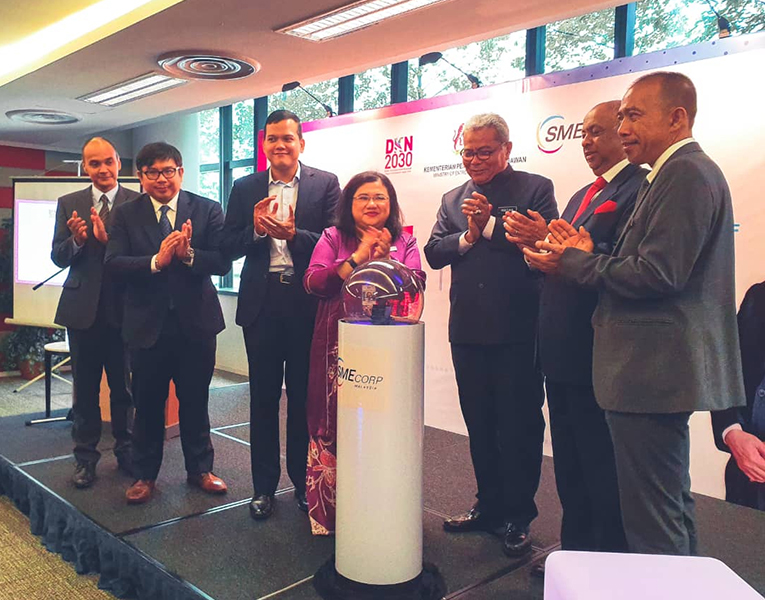
After almost an entire year of collective global lockdown, many have subconsciously succumbed to the oldest trick in the book to relieve themselves off the shackles of restrictions- retail therapy. 2020 has not been an easy one on the urban economic status and trend due to the coronavirus outbreak which caught the whole world off-guard.
According to PR Newswire, back in September 2020, K11 shopping malls in Mainland China observed a quarter-on-quarter growth of 85% while K11 MUSEA in Hong Kong experienceda 35% bounce back from just the first quarter. This phenomenon of an overwhelming influx of impulsive purchases that is helping the nation’s economy post-Covid-19 is globally known as ‘revenge shopping’ or ‘revenge spending’. Is this the case back home in Malaysia?
As Malaysians slowly make their way through the daily routines of the new normal, ‘revenge shopping’ has only been surfacing as of late. According to the Malaysian Retail Chain Association (MRCA), “the lockdown has ‘forced’ many Malaysians to adapt to online shopping”. However, despite the endless access to countless online stores throughout the lockdown, many shopaholics, especially Millennials, look forward to spending quality, face-to-face time with family and friends at shopping malls because of the laid-back yet vibrant ambience that malls provide.
We believe that the critical shift from offline to online shopping was phenomenal throughout the lockdown period but somehow left a void in consumers’ psyche despite the convenience it offered. Luxury brands and retail owners abroad have been observing an overwhelming influx of shopping and spending post-lockdown and it does not seem like shopaholics are about to slow down anytime soon.
While multiple SME, retail and mall associations have been relentlessly urging the Malaysian government for more aid to be implemented into the 2021 Budget’s framework, luxury brands, fast fashion and the F&B line have been doing their part by handing out vouchers of reasonable deals and discounts in hopes that it will encourage consumers to continue investing in their products and services.
The MRCA also added that, “the retail industry will not be out of the woods anytime soon. 2021 will still present a challenging year for many retailers due to VUCA (Volatility, Uncertainty, Complexity and Ambiguity) elements arising from the Covid-19 pandemic crisis. While many are still adapting to the new normal of doing business, it is reasonable to expect that more businesses will continue to consolidate and downsize their operations. Many retailers are hoping that the government will revise the Covid-19 Act to protect their businesses during this transition period”.
With the current economic and social climate, most retailers are expected to have a plan B which will be activated for an eventuality where there may be an unpredictable call for yet another round of MCO. This may involve digitalising their ventures or even hibernating their business until the overall situation promises a much clearer foreseeability.
It is evident that the retail industry in Malaysia will take its time to pick up the pace of growth that is prior to the sudden viral outbreak. As Malaysians gradually get accustomed tothe new normal while practicing proper hygiene and effective social distancing, it is safe to say that the retail industry may predict an increase in revenues by the second half of 2021 asthe industry may take some time in the first half to warm up and adapt the new approach of consumer behaviours and trends.















